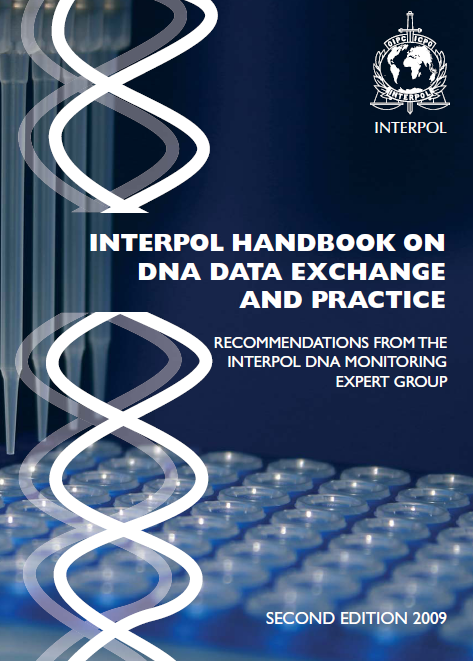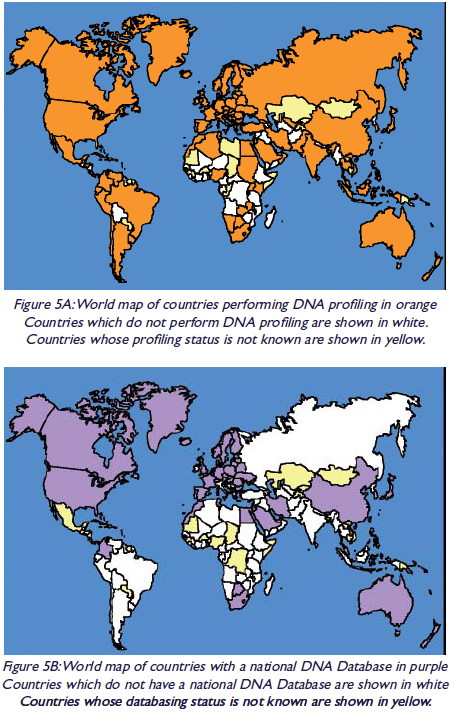RECOMMENDATIONS FROM THE INTERPOL DNA MONITORING EXPERT GROUP
- 118 pages
- 2009
Globalization and advances in technology allow criminals to commit crimes across international borders with greater ease than ever before. With criminal methods and tactics changing continuously, the tools used to fight crime also need to keep pace. One area where cutting-edge developments have emerged is that of the use of DNA evidence, meaning that ethics and best practice of DNA profiling now need to be addressed on a global scale. At INTERPOL, we are doing just that; assisting the law enforcement and forensic community by supporting, facilitating, and promoting the use of DNA analysis on a national, regional and international level.
In order to meet the growing need for INTERPOL member countries to exchange and compare DNA profiles, we have developed several DNA data-sharing tools, known collectively as the INTERPOL DNA Gateway. These include an international DNA Database, an international search request form for bilateral exchange and a means for secure standardized electronic transfer. Since the introduction in 2003 of the INTERPOL DNA Database, over 50 member countries have contributed profiles for international searches and storage. This number is remarkable given that today no more than 54 member countries operate a national DNA Database. However, these tools cannot function in isolation, which is why we back up our high-tech data exchange systems with promotional workshops, DNA conferences and resources such as this publication.
The INTERPOL Handbook on DNA Data Exchange and Practice was first published in 2001. Translated into seven different languages, and available via the Internet and several intranet channels, it has become popular with investigators all over the world. Since its initial publication, the number of national DNA Databases in existence has more than doubled, and techniques, standards, applications and experiences in all fields relating to DNA profiling have changed considerably. In response, the INTERPOL DNA Monitoring Expert Group has reviewed and updated the Handbook, with the aim of providing state-of-the-art recommendations to police and forensic science services and maximizing the benefits of using DNA profiling techniques worldwide. It is our hope that this handbook will help define global standards in relation to DNA profiling and will further enhance the capabilities of INTERPOL member countries.
…


